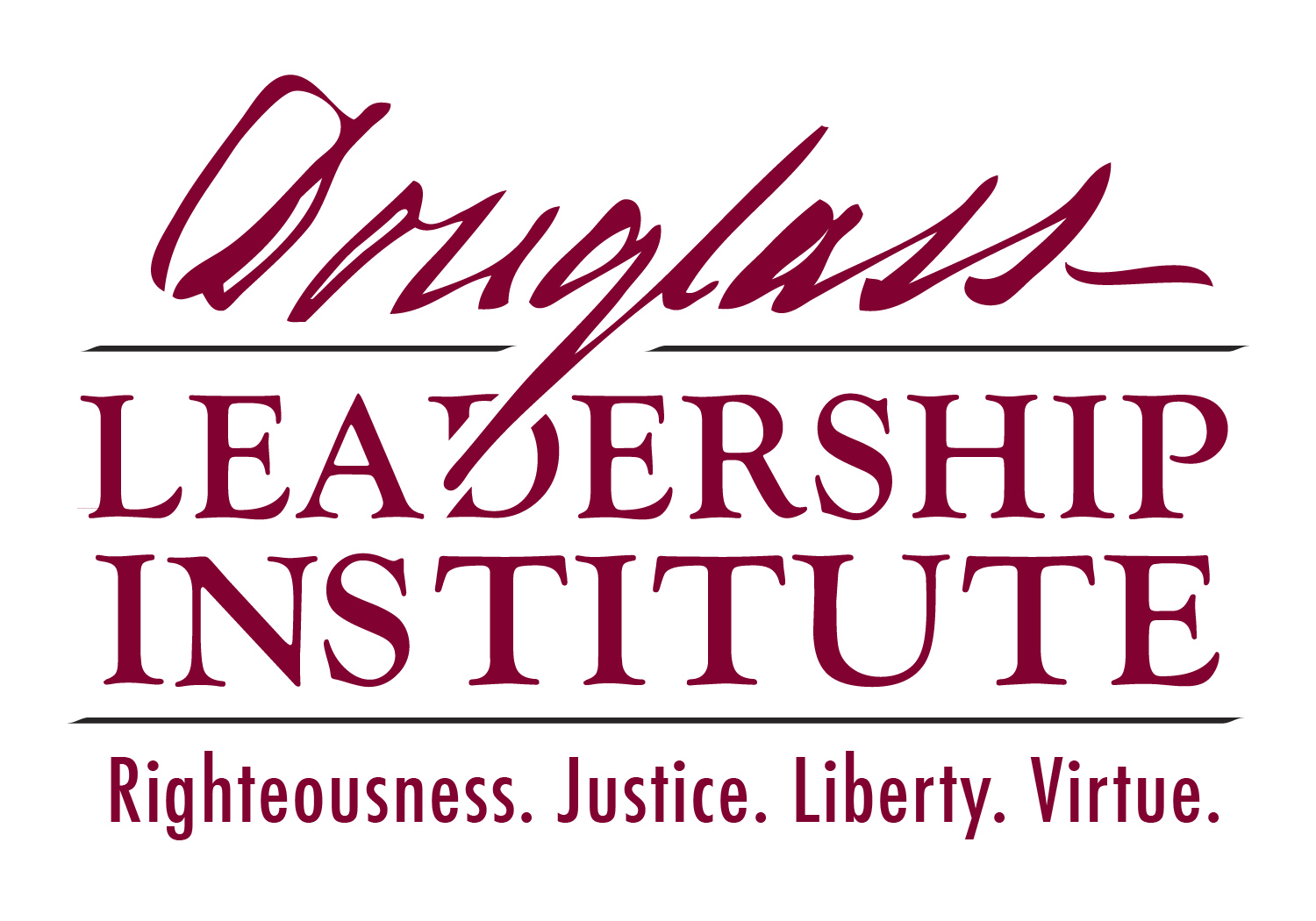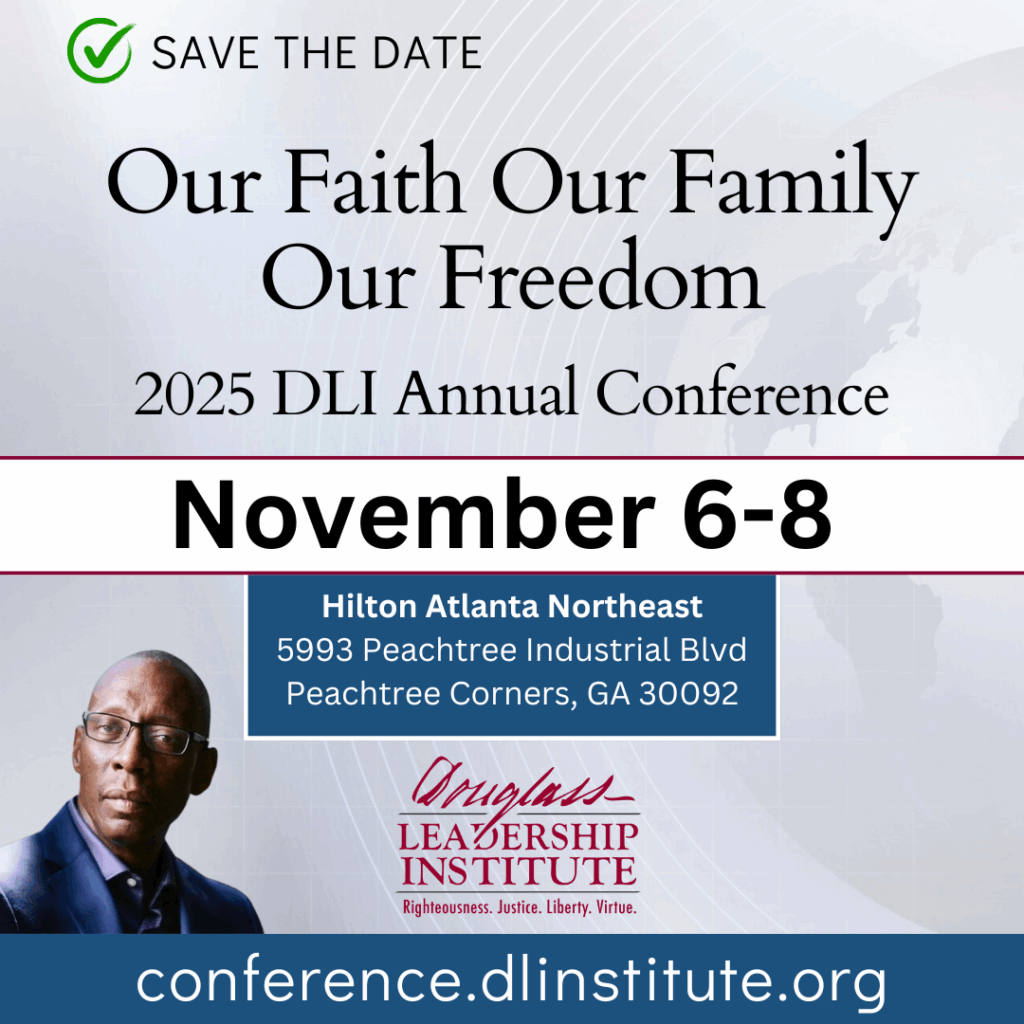
Written by Jeremy Hunt
Where I grew up, hating white people wasn’t an option. I had to interact with them every day. From a middle-class neighborhood in the suburbs of Atlanta, most of my friends didn’t look like me. In fact, when you hear white people say, “I’m not racist. One of my closest friends is black,” I’m probably the black friend who they’re referring to. Whenever we talked about slavery or the civil rights movement in school, I was the guy who received the collective gaze from the classroom. I’ve been told that I look like almost every famous black person that you could imagine (and apparently, all articulate black people sound like Obama).
But I didn’t have the luxury of just ignoring my white peers. If I wanted any chance at enjoying my classroom experience, I had to channel my frustration into productive conversations with them. So, we talked candidly and asked each other tough questions. We discussed the implications of some of their comments and how they might see things differently from my point of view. Just calling them a racist would’ve been pointless. Fortunately, our conversations opened the door to meaningful friendships built on understanding and mutual respect. Now, looking back, I couldn’t be more thankful for my upbringing. And that’s also why my heart is heavy with the state of race relations in our country.
As the Pew Research Center noted, “the public’s views of race relations are more negative now than they have been for much of the 2000s.” In their poll, about 61 percent of blacks said race relations were generally bad and nearly half of the white respondents agreed. Why don’t our nation’s cultural and political leaders set a climate where more citizens learn the lessons that my classmates and I figured out in middle school?
Here are three things they could do to help:
1. End the witch hunt for racism.
If my Twitter feed is any indication, it seems that the so-called social justice warriors of my generation have developed a standard pattern. First, they find a short clip of some public figure making a statement that could be misconstrued as racist. They post the clip on social media (often taken out of its original context) with a witty hashtag hoping it attracts national attention. If they meet their desired intent, the statement animates their base and makes their followers think that our country is racist beyond repair. While their model effectively produces rage, I doubt it’s doing much to unify our country.
As our culture obsesses over individual mistakes, our leaders—as well as average Americans—become more hesitant to discuss delicate topics. No one feels comfortable discussing race relations if they feel at risk for public humiliation at the slightest gaffe. But, as I learned growing up, it’s those uncomfortable talks that lead to the most understanding.
2. Let’s forget the village idiots.
As a sophomore in high school, I met overt racism for the first time. I remember leaving for school with my sister one morning and finding my car covered in paint with the word “N****r” written all over it. No, that wasn’t the 1960s; that was 2008. At that point, I was reminded that there will always be an unfortunate pocket of Americans who are mired in bitter racism. Those are the folks that we ought to just leave behind. They don’t deserve more news coverage or reality TV shows. If we continue publicizing their filth, we only play into their hand.
So, my sister and I washed the paint off the car, briefly tossed a few names around of who it could’ve been, and drove to school—still on time for class. Indeed, their words never made it past our driveway.
3. Don’t just tolerate cultural differences; celebrate them.
When I was a “plebe” (freshman) at West Point, I joined the parliamentary speech and debate team. My teammates were immigrants, conservative homeschoolers, democratic socialists, privately-educated liberals, southern evangelicals, open gays, and me — a black conservative. We practiced our craft nearly every day, debating each other on every idea under the sun. But it wasn’t that our team flourished despite our cultural differences; our team flourished because of our differences. With our diversity of thought, we challenged each other to be more effective critical thinkers. You often hear well-intentioned people talk in terms of “setting aside” or “moving past” cultural differences. But we ought to share our differences, laugh at them, and experience them with each other.
Even now, as I serve as a lieutenant in the greatest Army in the world, I learned that many young soldiers – many of them only recently graduated from high school – had never met someone of a different race before enlisting. And the even crazier part is that you wouldn’t know. They support and depend on each other with maturity and professionalism. We expect it from them. So why do we expect so little from our country as a whole? We can do better.
Jeremy C. Hunt is an active duty U.S. Army officer and Leadership Strategist for the Douglass Leadership Institute. His articles have appeared in the Washington Post, the Hill, and Fox News. Follow him on Facebook @OfficialJeremyHunt. The views expressed in this article are those of Jeremy C. Hunt only and not those of the Department of Defense.
Taken From: http://www.foxnews.com/opinion/2017/06/06/im-black-millennial-here-are-three-ways-can-improve-race-relations.html


